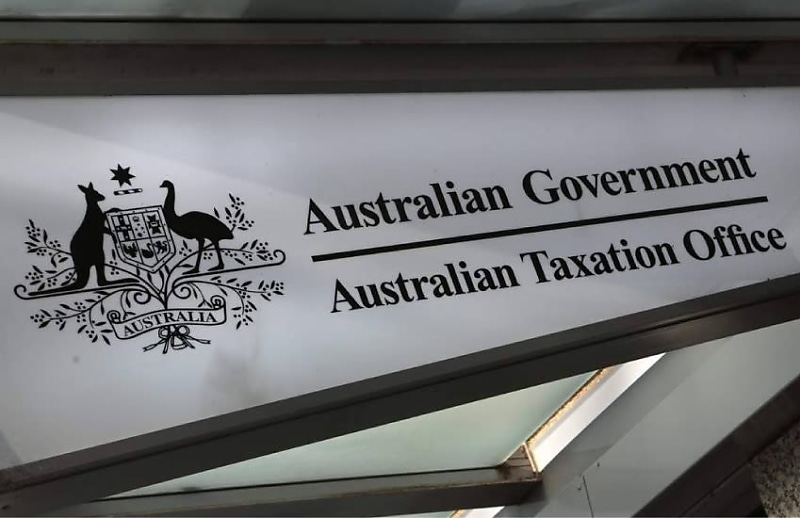Taxpayer’s fight with the ATO highlights ‘systemic’ issues with automated offsets
TaxA taxpayer’s legal battle with tax authorities has sparked a review into “systemic issues” with the ATO’s use of automated tax offsets to recover Centrelink debts.

In 2024, Charmaine McNair took the Commissioner of Taxation to court after the ATO garnished $4,660 from her 2024 income tax return to repay debts stemming from Centrelink family tax benefit overpayments.
The tax offset and other debts reduced her income tax credit from $10,771 to $860. A Centrelink officer said the agency did not have the authority to review this offset decision, as it had been made by the Commissioner of Taxation.
In November 2024, McNair lodged an application with the Administrative Review Tribunal to review the offsetting decision in its social services jurisdictional area. The tribunal dismissed her application, finding it was not a reviewable decision.
Undeterred, in February 2025, McNair lodged an application with the tribunal’s taxation jurisdictional area, which pressed the Commissioner of Taxation for further information regarding the interception of McNair’s income tax return.
In June 2025, the Commissioner exercised his discretion to refund the $4,660 that was offset against McNair’s Centrelink debts. He expected her to withdraw her application following the refund, but she declined to do so.
McNair, who opted to represent herself in court, advised the tribunal that she wished to proceed with her application despite the refund, to ensure others “are not faced with the same difficulties” that she had faced.
On 20 October, the tribunal once again dismissed McNair’s application, concluding that it did not have the jurisdiction to review the offsetting decision.
Despite the dismissal, the tribunal noted that McNair’s case had highlighted a ‘systemic issue’ concerning the Commissioner of Taxation’s use of automated tax offsets to recover Centrelink debts, and the lack of recourse available for taxpayers who sought to appeal these offsets.
The president of the tribunal said that the Commissioner’s use of automated offsets had the capacity to cause financial hardship to recipients of family assistance benefits. Many recipients were vulnerable individuals, some of whom relied on expected income tax refunds to meet basic life necessities, the tribunal noted.
Furthermore, the automated nature of the ATO’s offsetting process failed to take any consideration of individual taxpayers’ circumstances, including whether they already had an approved repayment arrangement or if a repayment pause was in place.
“The failure to take the recipient’s circumstances into account may constitute a jurisdictional error which enlivens the power of the Commissioner to reverse the offset,” court documents read.
The president added that the Commissioner’s notice of assessment did not inform taxpayers of any avenues to appeal or review the offset decisions, including the commissioner’s power to reverse the offset.
The case prompted the president of the tribunal to request the Administrative Review Council to conduct an inquiry into the “systemic issue” raised by McNair, with respect to the ATO’s approach to offsetting.
The ATO has also since published information on its website detailing how taxpayers can apply for a refund following an offset decision, in addition to outlining avenues for appeal against offset decisions.
“McNair's purpose in continuing with this application has been achieved. Her actions have meant that there have been significant changes to the offsetting mechanism and appeal rights arising from such decisions have been clarified and published,” court documents read.
“Services Australia and the Commissioner acknowledge that the issues raised in this application require urgent attention. Liaison between the two has taken place to address the issue.”




